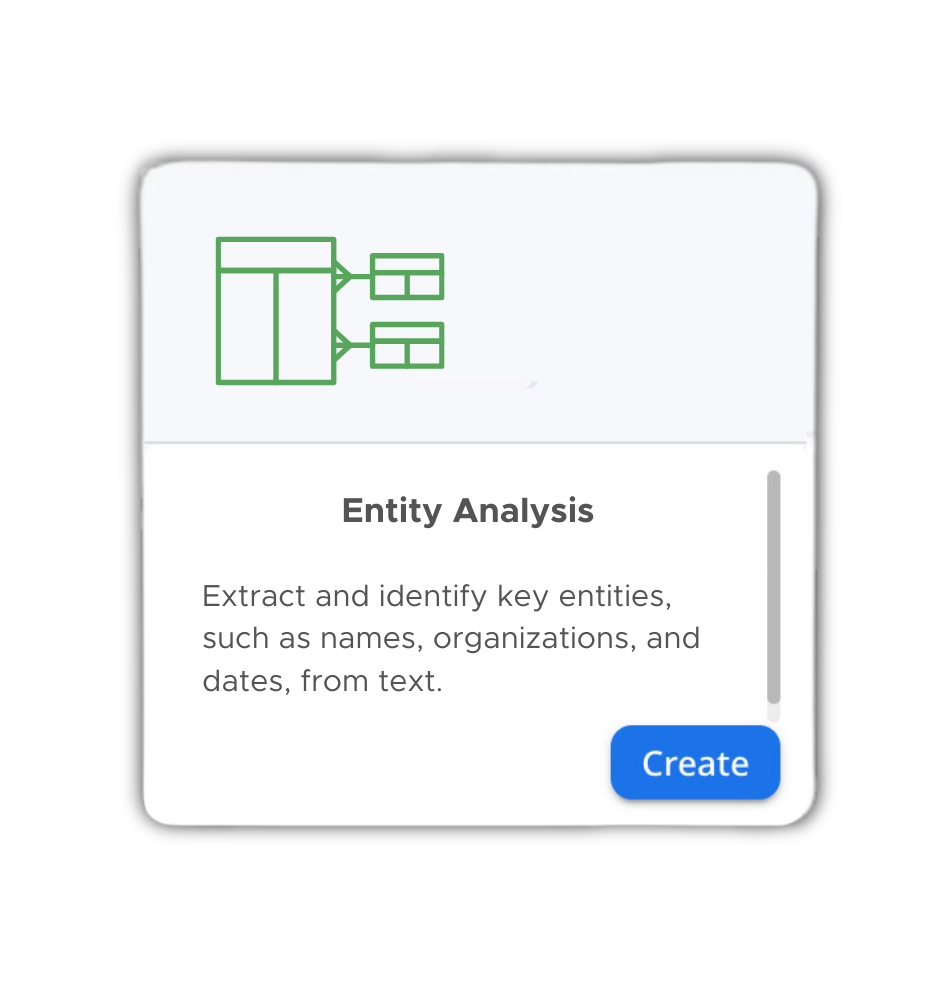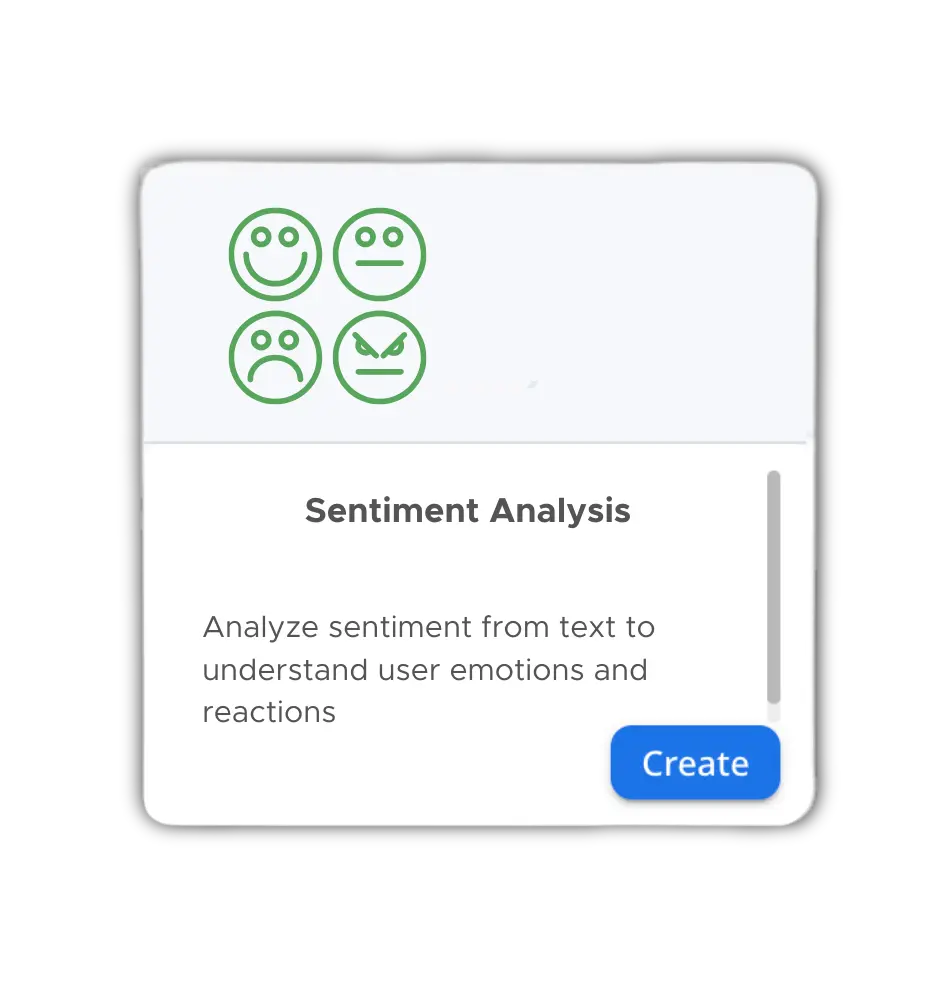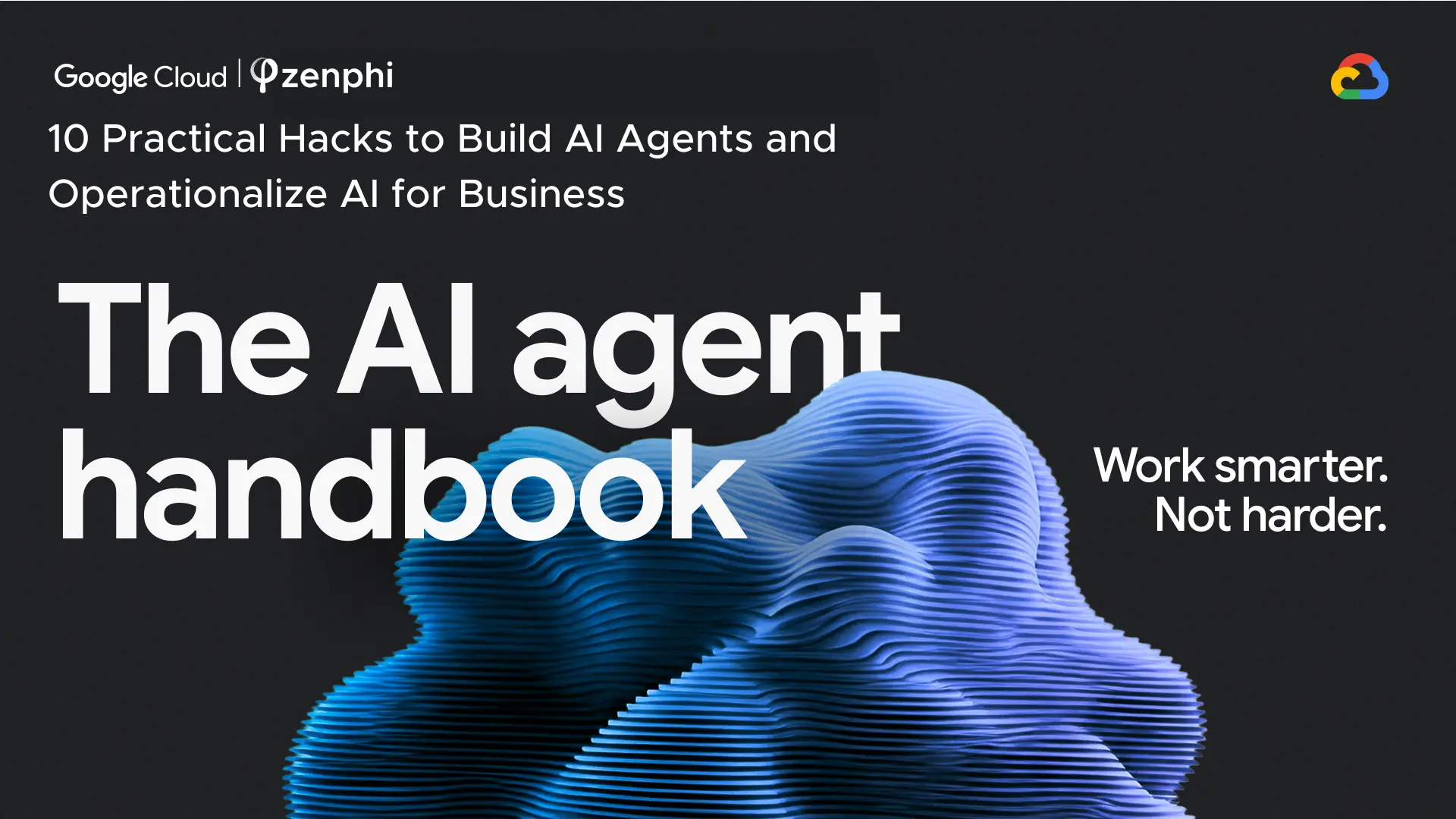In the insurance industry, process automation has become a game-changer in improving operational efficiency, reducing costs, and enhancing customer service. As an insurance industry professional, you are likely aware of the manual processes, inefficiencies, and complexities that can hinder your operations and lead to delays, errors, and non-compliance issues. Process automation can help address these challenges and streamline your workflows, allowing you to focus on providing better service to your customers. In this article, we will explore the benefits of process automation in the insurance industry, the latest trends driving automation adoption, and the best process examples for successful implementation.
Whether you are just beginning to explore process automation or are looking to enhance your automation initiatives, this article will provide you with valuable insights to help you make informed decisions and achieve your automation goals.
Table of Contents
Benefits of Process Automation in Insurance
Process automation in insurance refers to the use of technology and software to automate repetitive, time-consuming, and error-prone processes involved in insurance operations, such as underwriting, claims processing, policy management, and others.
Adopting process automation in the insurance industry can bring several benefits, including:
- By automating manual processes, insurance companies can significantly reduce the time and resources required for routine tasks, allowing staff to focus on higher-value tasks and improving operational efficiency.
- Automation can help minimize errors and improve accuracy by reducing manual data entry and ensuring consistent adherence to rules and procedures.
- By automating customer-facing processes such as claims processing and policy management, insurance companies can provide faster, more efficient, and more personalized service to their customers.
- Automation can help insurance companies stay up-to-date with regulatory changes, improve compliance monitoring, and reduce the risk of non-compliance penalties.
- Process automation can help insurance companies reduce costs associated with manual labor, paper-based processes, and errors.
Process Automation Trends in Insurance
The insurance industry has undergone significant changes in recent years, with the increasing adoption of technology being a major driving force for innovation and efficiency. As automation continues to evolve, it has brought about several trends that have the potential to revolutionize the industry.
BPA (Business Process Automation)
One such trend is the increasing use of business process automation (BPA), which involves the use of software to automate a range of business processes, including document management, claims processing, and underwriting. BPA can significantly reduce manual labor, errors, and processing times, and enable greater scalability and flexibility in insurance operations.
It’s worth noting that BPA differs from robotic process automation (RPA), which involves the use of software “robots” to automate specific tasks. While RPA can be effective for automating repetitive, rule-based tasks, it is often limited in its ability to automate complex business processes that involve multiple systems and stakeholders. In contrast, BPA takes a holistic approach to automation, focusing on end-to-end process optimization rather than individual tasks.
Another advantage of BPA over RPA is that BPA solutions are typically more scalable and easier to maintain. Additionally, BPA solutions often incorporate features such as analytics and reporting, which can provide valuable insights into process performance and identify areas for further optimization.
We’ve already helped hundreds of companies to build approval workflow automations, claims processing workflows, customer onboarding and more. Book a call to learn the best practices from your peers and listen to their honest experience with Zenphi.
No-code Automation In Insurance
A rapidly emerging trend in automation is the use of “no-code” platforms, which allow non-technical users to create and automate business processes without the need for extensive programming knowledge. For insurance companies, this means that process automation can be implemented more quickly and easily than ever before, with employees able to design and implement their own solutions with minimal effort.
No-code automation can be a game-changer for team productivity, as it empowers employees to take charge of their own processes and optimize them for maximum efficiency. This democratization of automation technology promises to drive even greater innovation in the insurance industry, as companies are no longer limited by their technical expertise.
AI in Insurance
Another trend driving the adoption of process automation in the insurance industry is the rise of artificial intelligence (AI) and machine learning. AI technology has proven to be highly effective in automating a range of processes, from claims processing to underwriting.
One practical application of Artificial Intelligence in business insurance processes is automated document processing, which involves using machine learning algorithms to read large volumes of documents and forms, extract relevant data, and transfer it to a database for further processing or analysis. Additionally, sentiment analysis tools can be used to analyze customer feedback and sentiment, providing insurers with valuable insights into customer preferences and expectations.
Digital Transformation
Finally, the growing demand for digital transformation in the insurance industry is driving the adoption of process automation. Customers are increasingly expecting digital services, and insurance companies that fail to embrace automation risk falling behind competitors who can offer faster, more efficient, and more personalized services.
Find even more insurance trends inside this comprehensive 2023 report.
Best Process Examples for Automation in Insurance
To make the most of automation, it’s important to identify the right processes to automate and adopt best practices for implementation. Here are some examples of processes that can be automated for maximum impact:
Claims Processing
Insurance claims processing is a complex and time-consuming process that involves gathering information, verifying policy coverage, and processing payments. With automation, insurance companies can leverage artificial intelligence (AI) to automate the entire claims process, from data extraction to payment processing. This can significantly reduce the time it takes to process claims, while also reducing the risk of errors and fraud. By automating claims processing, insurers can also improve the customer experience by providing faster and more accurate service.
Underwriting
Underwriting is a critical process in the insurance industry that involves evaluating risk and determining policy premiums and coverage. With automation, insurers can leverage predictive analytics to analyze large data sets and generate accurate risk profiles for applicants. By automating underwriting, insurers can significantly reduce the time and resources required for manual underwriting, while also enabling underwriters to make more informed decisions.
Here are some benefits of automating underwriting:
- Automated underwriting can provide more consistent and accurate risk evaluation, eliminating errors and discrepancies that can occur with manual underwriting.
- Faster processing times: Automated underwriting can analyze large data sets in real-time, significantly reducing processing times for applications.
- Improved decision-making: Predictive analytics can provide underwriters with more accurate risk profiles, enabling them to make more informed decisions.
Policy Administration
Policy administration is a crucial process that involves managing policy information, issuing policy documents, and processing policy changes. With automation, insurance companies can leverage digital platforms to streamline administrative tasks, such as renewals, endorsements, and cancellations, and manage policies more efficiently. By automating policy administration, insurers can reduce manual errors and provide customers with real-time access to their policy information, improving the overall customer experience.
Digital platforms can provide a range of benefits for policy administration, such as:
- Automated policy renewal and reminders to ensure timely renewals.
- Customizable workflows and approval processes to support complex policies.
- Automated endorsement and cancellation processes to reduce errors and save time.
- Real-time policy updates and self-service options for customers to access policy information.
Customer Onboarding
Customer onboarding is a crucial process in the insurance industry that can greatly impact customer retention and satisfaction. With automation, insurance companies can take advantage of digital platforms and electronic signature automation to streamline the onboarding process, eliminating the need for manual data entry and paperwork. This results in a more efficient and seamless onboarding experience, allowing customers to quickly and easily begin their relationship with the insurance company.
Internal Processes
Employee onboarding and offboarding are critical processes that affect team productivity and data security. By automating these processes, insurance companies can ensure that new hires are set up for success from day one, while also reducing the risk of data breaches during offboarding.
Additionally, automating approval workflow can streamline internal processes, reducing bottlenecks within the team and increasing the speed of issue resolution.
Streamline Your Processes With Automation
Process automation is becoming increasingly important in the insurance industry as companies strive to improve efficiency, reduce errors, and enhance customer experiences. With the latest trends in automation, such as the rise of AI, the adoption of BPA, and the use of no-code platforms, insurance companies can achieve these goals while also gaining a competitive advantage. By automating critical processes, such as claims processing, policy administration, underwriting, and customer onboarding, insurance companies can achieve significant benefits, including reduced costs, increased productivity, and improved customer satisfaction. Ultimately, by embracing process automation, insurance companies can position themselves for success in an increasingly competitive marketplace.
Ready to automate processes in your insurance company? Book an obligation-free demo with the Zenphi team.




